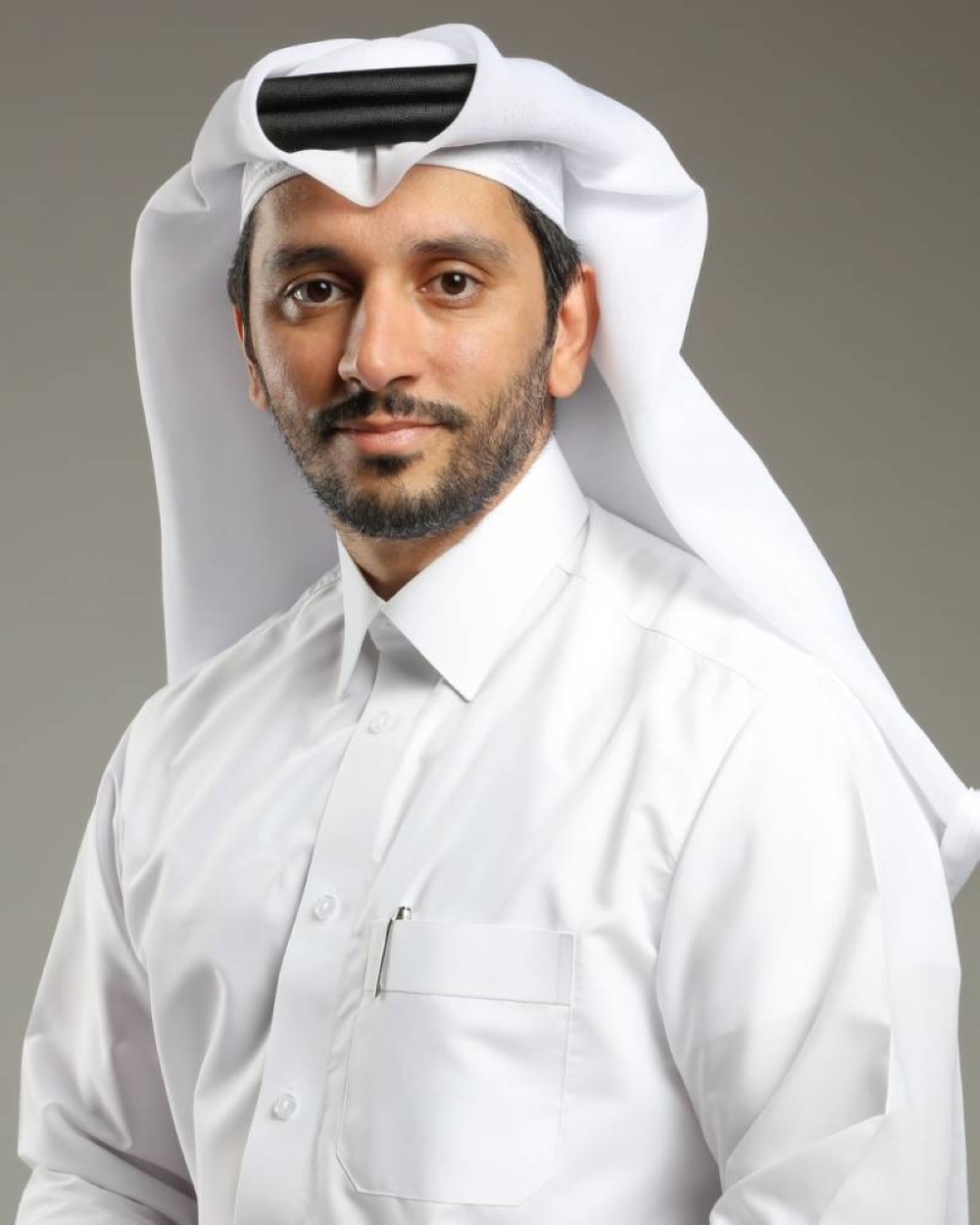The extent to which businesses should adhere to high standards on environmental, social and governance (ESG) matters has become politicised – and polarised, especially in the US. Is there is a need for cooler assessment, finding an approach that commands wide support?
Many of the issues covered by the very broadly defined categories of ESG – environmental, social and governance considerations – are not inherently controversial. The ideas that companies should not pollute the ocean, nor expose workers or members of the public to harm, and should have honest and incorruptible people on the board are mainstream.
In recent years, however, the concept of ‘ESG’ has become politicised, and polarised, especially in the US. One of the causes is climate change, as companies are under pressure to demonstrate policies and practices that reduce their greenhouse gas emissions. Some on the right of politics see this approach, along with policies to improve representation of minorities, as ‘woke capitalism’, and that the proper objective of a business should be ensuring strong commercial returns for owners, and not be a vehicle for political activism. Some US states with conservative leadership such as Texas have passed legislation directing state-run entities such as pension funds to divest in firms that prioritise ESG factors.
Pragmatic people in the middle can identify practices that please both the need for sustainability and good business practices. For example, an emphasis on environmental responsibility can encourage ingenuity on efficient use of energy and resources, boosting productivity and thereby profits. Advances in renewable energy, materials science and artificial intelligence promise further benefits, potentially transformational in impact. Social responsibility is often beneficial for market stability and economic growth, and so on. At times there is a need for compromise, or the decisions may be difficult – for example, environmental aims can clash with social objectives, where fossil fuel heating for homes is cheaper, and there are cost-of-living considerations.
Qatari policy fits into the pragmatic middle ground. In June the Qatar Central Bank launched its ESG and Sustainability Strategy and Principles for the Financial Sector. This is based on three pillars:
• Managing climate, environmental, and social risks within the financial sector,
• Encouraging capital investments in sustainable finance,
• Incorporating ESG and sustainability practices into the Bank’s internal operations.
Addressing the theme in a major speech in September, the Central Bank Governor HE Sheikh Bandar bin Mohammed bin Saoud al-Thani stressed the importance of balancing growth with sustainability. He urged the use of the latest technology to mitigate carbon emissions, and advocated for increased investment in sustainable projects.
“Banks have historically played a crucial role in financing the economy, and they are uniquely positioned to enhance long-term economic, social, and environmental well-being by channelling resources into projects that are economically viable and have a positive impact on development,” he said.
He referred to the potential of green bonds and the application of financial technology to meet sustainability goals.
He was delivering the keynote speech at this year’s Arab Banking Conference, which was organised by the Union of Arab Banks with the theme ‘Sustainable Development Requirements and the Role of Banks’. The fact that leaders in the world’s most important oil-producing region address the seriousness of climate change is an indicator that ESG – or at least, many of the indicators that fall within these broad categories – are now mainstream.
Also in September, Commercial Bank of Qatar had its ESG rating upgraded from BBB to AA by MSCI, a global research and data provider, that monitors companies’ adherence to ESG factors. Increasingly in the financial world, a high ESG rating will lower your cost of borrowing, and attract investors.
Some of the more zealous activists either for or against taking social and environmental factors into consideration in investments or strategic business decisions adopt radical positions. The middle ground is extensive, however. As the French saying goes: There's no need to be more royalist than the king.
The author is a Qatari banker, with many years of experience in the banking sector in senior positions.

Fahad Badar
